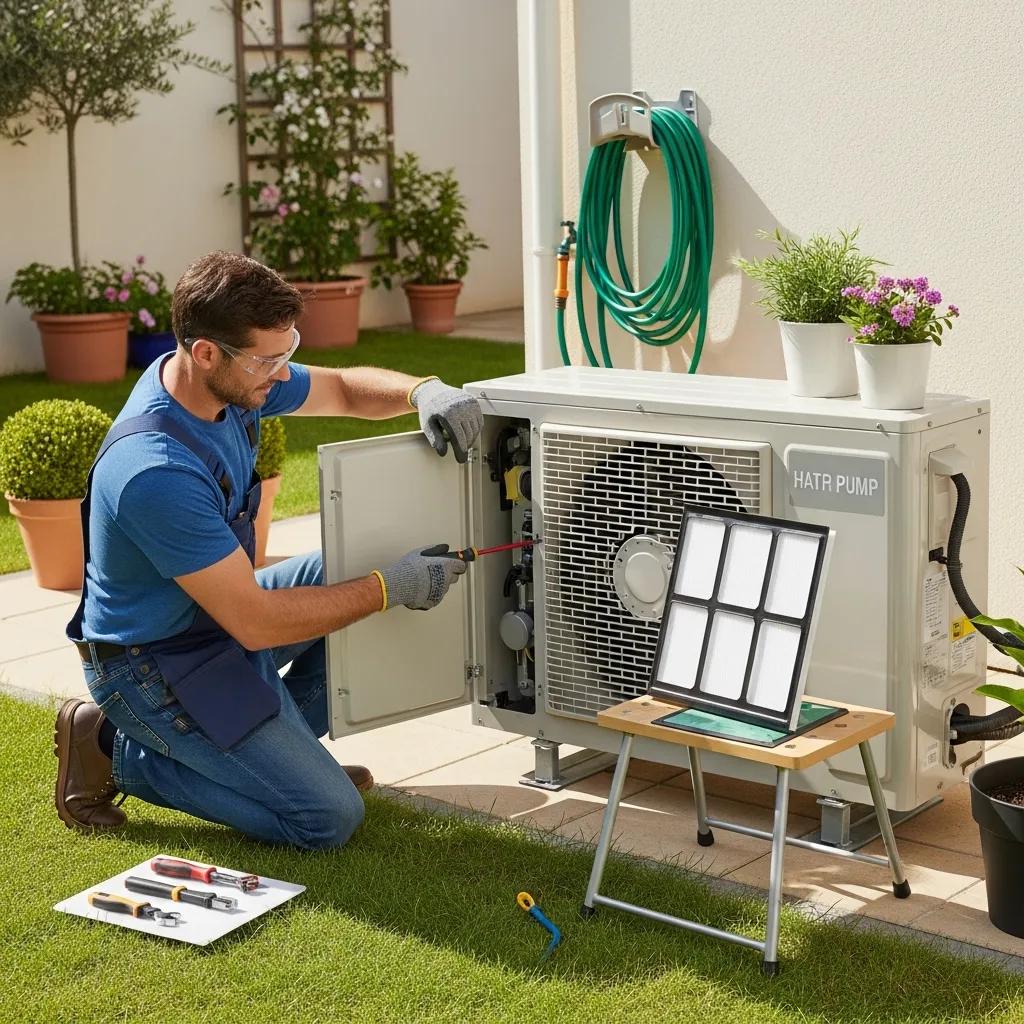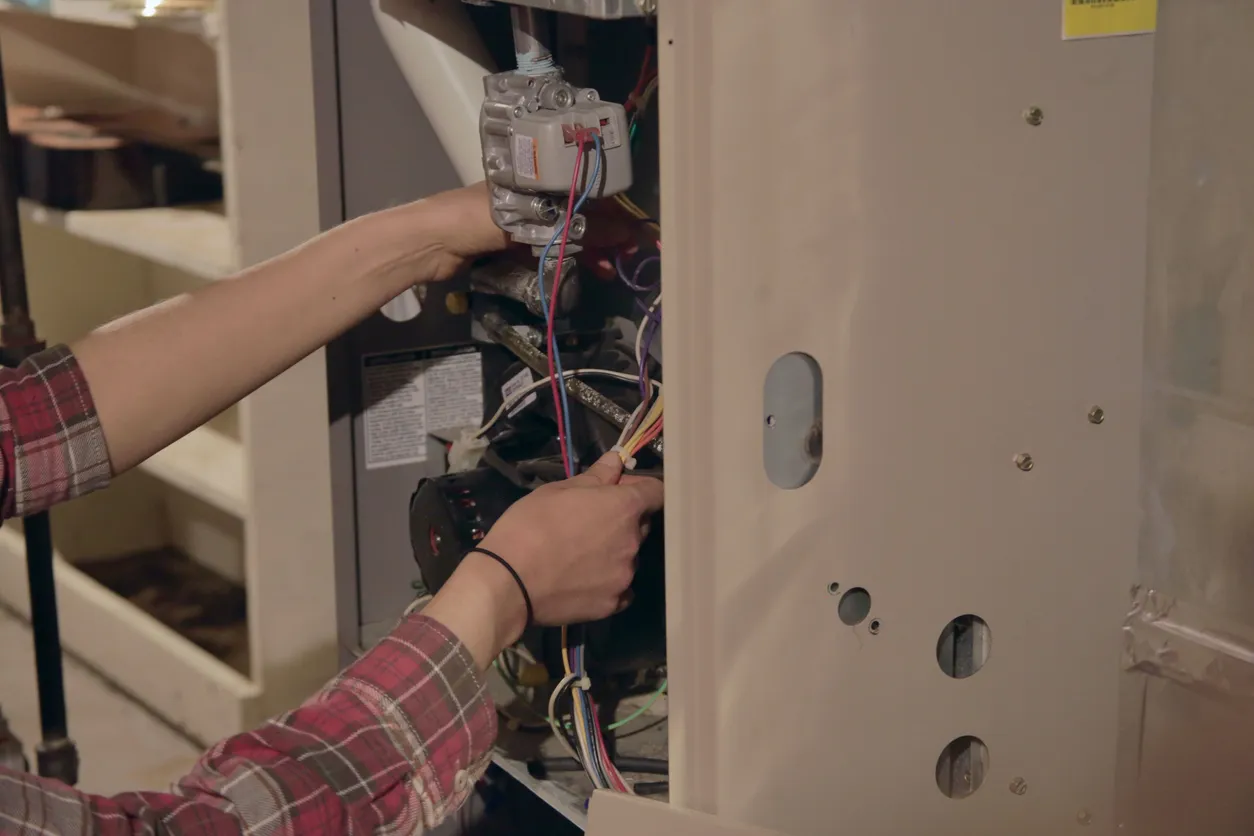When your air conditioner suddenly stops working in the middle of a hot Sandy summer day, it goes from an inconvenience to a serious problem quickly. If you’ve ever tried resetting your AC only to have the circuit breaker trip again minutes later, you’re not alone. Many homeowners experience repeated AC shut-offs without knowing what’s behind them.
A frequently tripping AC circuit breaker is more than just a nuisance. It’s a red flag. Something in your system is overloading, malfunctioning, or working harder than it should. The longer it’s ignored, the higher the risk of long-term damage not just to the AC unit but to your home’s electrical setup. Identifying the cause early keeps your air flowing, your energy bills in check, and your home comfortable through the hottest part of the year.
Common Causes Behind AC Circuit Breaker Trips
When it comes to repeated breaker trips, the problem usually falls under one of a few common categories. While some are straightforward, others may point to deeper electrical or mechanical issues. Here’s what often causes an AC circuit breaker to shut off in Sandy homes:
1. Electrical Overloads
More often than not, the breaker is doing exactly what it was built to do: shut things down when the load gets too high. This can happen if your AC unit is pulling more power than the circuit can handle. This load may be due to an aging unit, blocked airflow, or improper use. If you’ve added other devices to the same circuit, that could also push things past the limit.
2. Short Circuits
Short circuits happen when electrical wiring becomes loose or damaged, allowing current to follow an unintended path. This creates a surge of power that causes the breaker to trip. It is often a safety issue, and continuing to reset the breaker without solving the cause can lead to serious risks, including electrical fires.
3. Ground Faults
A ground fault occurs when electricity escapes its intended path and flows directly into the ground. This issue is similar to a short circuit and just as risky. Ground faults can be caused by faulty wiring, damaged insulation, or moisture around the unit. When this happens, the breaker reacts to prevent further hazard.
4. Dirty Air Filters
Clogged air filters are a surprisingly common cause of breaker trips. A blocked filter forces the system to work harder to pull in air, which puts stress on the unit. During heavy summer use, this strain can lead to overheating. When the motor overheats, the breaker shuts the system down as a safety precaution.
Small issues like these can grow with time. The more the system struggles to perform, the more pressure each component faces. Ignoring early signs increases the risk of future breakdowns and costly damage. Finding the cause early protects the performance and safety of your AC system.
Signs Pointing to AC Breaker Trouble
When an AC circuit breaker trips more than once during a cooling cycle, it’s time to take notice. If you’re resetting the breaker multiple times a week or every day, your system is likely experiencing a more serious issue. This behavior should be viewed as a clear warning sign.
One concerning sign is a burning smell, either from the breaker panel or near the AC unit. This often points to overheating or faulty wiring. A smell like this should never be ignored. Operating under these circumstances can increase the risk of a home electrical fire.
Another sign is an unusual rise in your energy bills. If your household usage hasn’t changed, but costs keep increasing, the AC system might be overworking or cycling too often. A tripping breaker could be reacting to this overuse and stress.
Strange noises also offer helpful clues. Buzzing, humming, or clicking sounds at the breaker box or outdoor unit may indicate electrical issues or loose connections. If your system doesn’t sound the way it used to, something may be off balance or under extra strain.
Recognizing these signs early can help prevent more serious damage. When ignored, even minor symptoms can grow into major problems. Monitoring how often your breaker trips can help you explain the problem better to a technician and speed up the repair process.
DIY Checks Before Making a Call
There are a few steps homeowners in Sandy can try before calling for professional AC service. These actions won’t fix larger issues, but they can help rule out basic concerns and give you a better idea of what’s going wrong.
Try the following:
1. Check the air filter
A dirty air filter can choke your system. Pull it out and see if it’s full of dust or debris. If so, replace it. A clean filter allows proper airflow and helps stop overheating.
2. Inspect the outdoor unit
Look around the outside condenser unit for leaves, twigs, or dirt that might be blocking airflow. Clearing away debris helps your system stay cool and might take some stress off the circuit.
3. Try resetting the breaker
Turn the breaker switch all the way off and then back on. Monitor the AC system to see if it continues to run or trips again. If it trips again right away or shortly after, the problem is likely more serious.
4. Check the thermostat settings
Double-check your thermostat. If it’s set far lower than the room’s temperature on a particularly hot day, your AC might be struggling to meet demand. Adjusting the setting slightly can help reduce pressure on the system.
These checks are safe but are not long-term solutions. If the breaker keeps tripping even after these steps, it’s a sign of a bigger issue that needs professional repair.
Know When It’s Time for a Technician
Repeated tripping that continues after basic troubleshooting is often linked to deeper problems within the AC system or the electrical panel. Internal part failures, degraded wiring, or loose connections can all contribute—and these aren’t issues that can be handled without professional experience.
Our technicians can test everything from voltage flow to component performance inside the unit and the panel. From worn-out capacitors to corroded connections, these detailed assessments help find exactly where the issue lies. No amount of resetting will remove a hazard related to electrical wear or heating.
In some cases, the entire system may require an inspection. Older air conditioners in Sandy, especially ones over 10 years old, might be working above their capability during peak summer heat. Lack of proper sizing or long-term maintenance can lead to increased pressure on circuits and components.
Having trained professionals perform diagnostic testing protects your system and gives you answers quickly. It also prevents further frustration, provides long-term solutions, and improves the safety and comfort of your home.
Protecting Long-Term Comfort in Sandy
Solving a single breaker trip doesn’t avoid the same issue from repeating. The real solution comes from identifying and fixing the root cause. Recognizing early symptoms, like strange smells, rising bills, or irregular system behavior, offers a helpful starting point.
All parts of your AC system are connected. A simple airflow issue or electrical fault can cause a ripple effect, showing up first through a tripping breaker. Staying alert to changes and reacting early helps minimize larger, more expensive repairs.
Reliable, professional AC service in Sandy ensures your system runs safely and smoothly. With experienced technicians, you can trust that the source of the problem will be found and fixed fully—keeping your home cool when you need it most.
Dealing with repeated AC circuit breaker trips can be daunting, but reliable repairs can ease the stress and protect your home from further damage. At First Choice Heating & Air, our professionals understand the urgency of resolving issues quickly and safely to restore reliable cooling during hot Sandy days. When you notice signs like a burning smell or unusual noises, it may be time to seek expert help with AC repair in Sandyto address potential electrical faults and prevent more serious breakdowns. For a quick estimate or to book a service visit, please contact us today.





